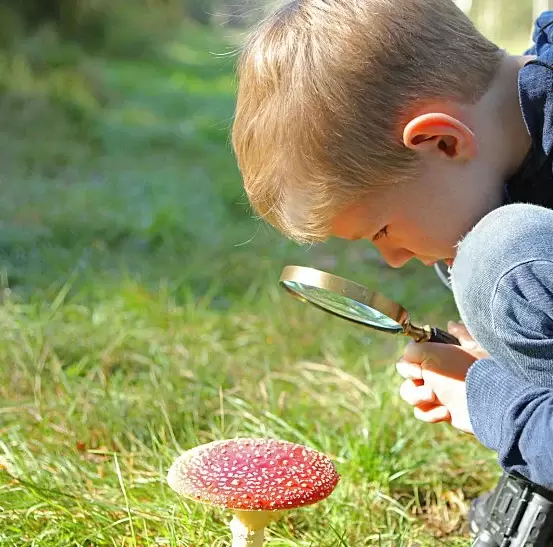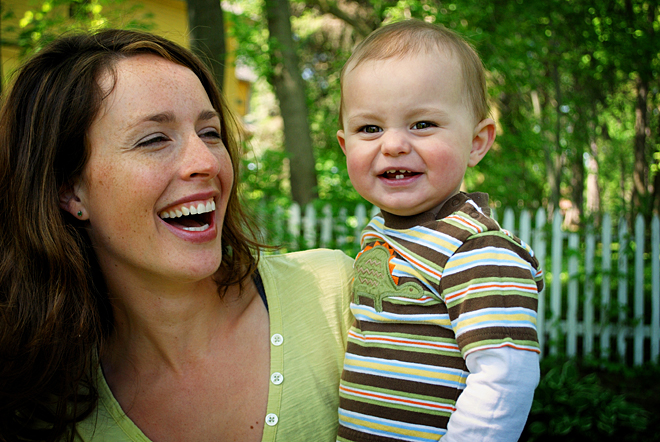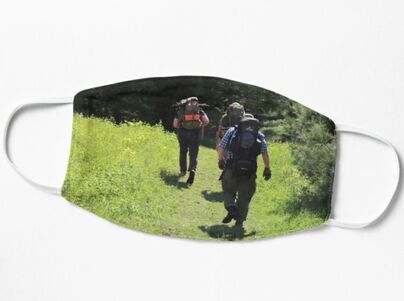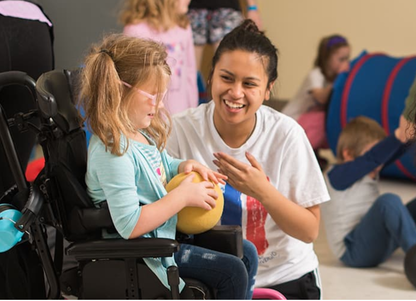|
Junior Outdoor Food Navigators (JOFN)
JOFN is an outdoor food-themed climate change education program designed to foster youth climate resilience and environmental health through innovative integration of play-based learning in outdoor settings. A collaboration between OSU and Oregon environmental education community, including Extension services such as KidSpirit and 4H, JOFN engages K-12 students in creative outdoor experiential learning to teach systems thinking, reduce eco-anxiety, and promote nature connections and pro-environment behavior. The curriculum anchors environmental education in the context of food systems as they are impacted by climate change to raise youth awareness of climate change-induced hazards on food production, consumption, and safety, as well as actionable daily behaviors that can mitigate the impact of daily food-related choices/actions on the environment. This project is supported by NIEHS through the ASP3IRE Children's Environmental Health Center, and provides fellowship and mentorship to high school and college students with relevant backgrounds (e.g., natural resources, TRAL, food education, climate change) working as research assistant or JOFN Ambassadors to facilitate on-site intervention activities. If you are interested in learning more about this project and getting involved, please contact Dr. Shen ([email protected]) or Dr. Wong ([email protected]) |
Photo credit: Daniela Garvue
|
|
Playful Parent/Playful Path to Parenting (P3)
Parents play a crucial role in promoting children’s play through shaping the home play environment, arranging outside-home play opportunities, engaging with children in play, and modeling playfulness themselves. While numerous play interventions, including many involving parents as co-implementers, focus on teaching play skills to children, particularly those with disabilities, few have explored ways to help parents become more playful play partners and facilitators. Play interventions targeting adult caregivers are the key to unlocking the under-tapped potential of parental playfulness. Supported by John C. Erkkila, M. D. Endowment for Health and Human Performance, Playful Parent is a collaboration between the HEAL lab, College of Health, and OSU's IMPACT program. Involving parents of children with disabilities, this project generated preliminary evidence linking playful parenting with parent-child relationships and parenting wellbeing, and a research-informed parent-focused play intervention model. The latter directly contributes to the NCFL-supported project the Playful Path to Parenting (P3), which expands the innovative intervention to include parents of children without disabilities. |
View Supporting Resources for Playful Parenting
|
|
Virtual Park Ranger
Technology, especially screen-based applications, has been blamed for pulling children away from nature. However, modern technology’s capability to captivate the digital generation can also be harnessed to reconnect children with nature through innovative and thoughtful designs that will redirect children’s gaze from screens to the surrounding natural world and engage them in active outdoor play and learning. In the Virtual Park Ranger (VPR) project, our lab works with a multi-disciplinary research team in health, multimedia technology, community outreach, and outdoor education to co-develop smart tech-based solutions to enhance school-aged children's outdoor experience. VPR received two Impact Collaborative awards. Visit the VPR website to learn more about this project. If you would like to partner with the VPR team to design technology-assisted outdoor experiences for your program, please contact the project Co-PI Dr. Siew Sun Wong ([email protected]) or Dr. Sharon Shen ([email protected]). |
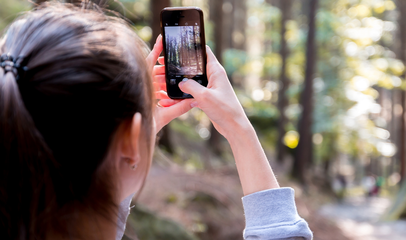
Visit VPR website
|
|
Play2Cope
The COVID-19 pandemic impacted individual and family lives far and wide. The prolonged pandemic had caused sustained stress and impacts on mental health in particular. Most COVID-19 studies on mental health emphasized risk factors, vulnerabilities, and adverse psychiatric outcomes. Individual efforts, resources, and adaptive behaviors that contributed to resilient coping with positive outcomes are understudied. The Play2Cope project (a) provided a rapid snapshot of the health and well-being among U.S. adults, including vulnerable groups during the height of COVID-19; (b) explored how patterns of free-time activities had changed and affected individuals mental health and well-being; and (c) profiled the resilient coping of caregivers/families of children to detect factors that may lead to effective intervention for this vulnerable group. This project is supported by the Hallie E. Ford Center Team Science Seed Grant. For more information about this study, please contact Dr. Shen at [email protected]. Read some findings from this project: Leisure Engagement during COVID-19 and Its Association with Mental Health and Well-being in U.S. Adults |
|
Assessment of Play and Playfulness
Play and playfulness in adults have been connected with a wide range of indicators of human performance, health, and well-being. The validity of growing functional studies of play and playfulness rests, to a large degree, on the sound assessment of key constructs. We have conducted systematic psychometric studies to develop and validate an assessment battery, including instruments to assess the playful disposition (i.e., the individual attribute), playful engagement (i.e., the experiential quality of play), and key conditions pertinent to the player-environment interactions. All instruments are freely available for research and educational uses (visit the project page for more info). If you are interested in using any of these scales in your work or translating them into a different language, please contact Dr. Shen at [email protected]. |
"We don't stop playing because we grow old, we grow old because we stop playing." --George Bernard Shaw
|
|
Play2IMPACT
Despite increasing play-based interventions designed to foster child development, the majority of existing programs focus on the technical aspects of programming (e.g., teaching specific skills) and often overlook the “playful” quality of children’s experience, leading to “play-like” activities that may not be as effective in generating benefits associated with intrinsically motivated and highly engaged play. The purpose of the Play2IMPACT project is to develop an assessment of the playfulness of children's activities and refocus play interventions on the quality of play engagement. This research initiative is a partnership between the HEAL lab and Oregon State University's IMPACT (Individualized Movement and Physical Activity for Children Today ) program. Note: this project was redirected due to the onset of COVID-19. Interested researchers are welcomed to contact Dr. Shen for opportunities to collaborate on this research initiative. |
Visit the IMPACT program
|

